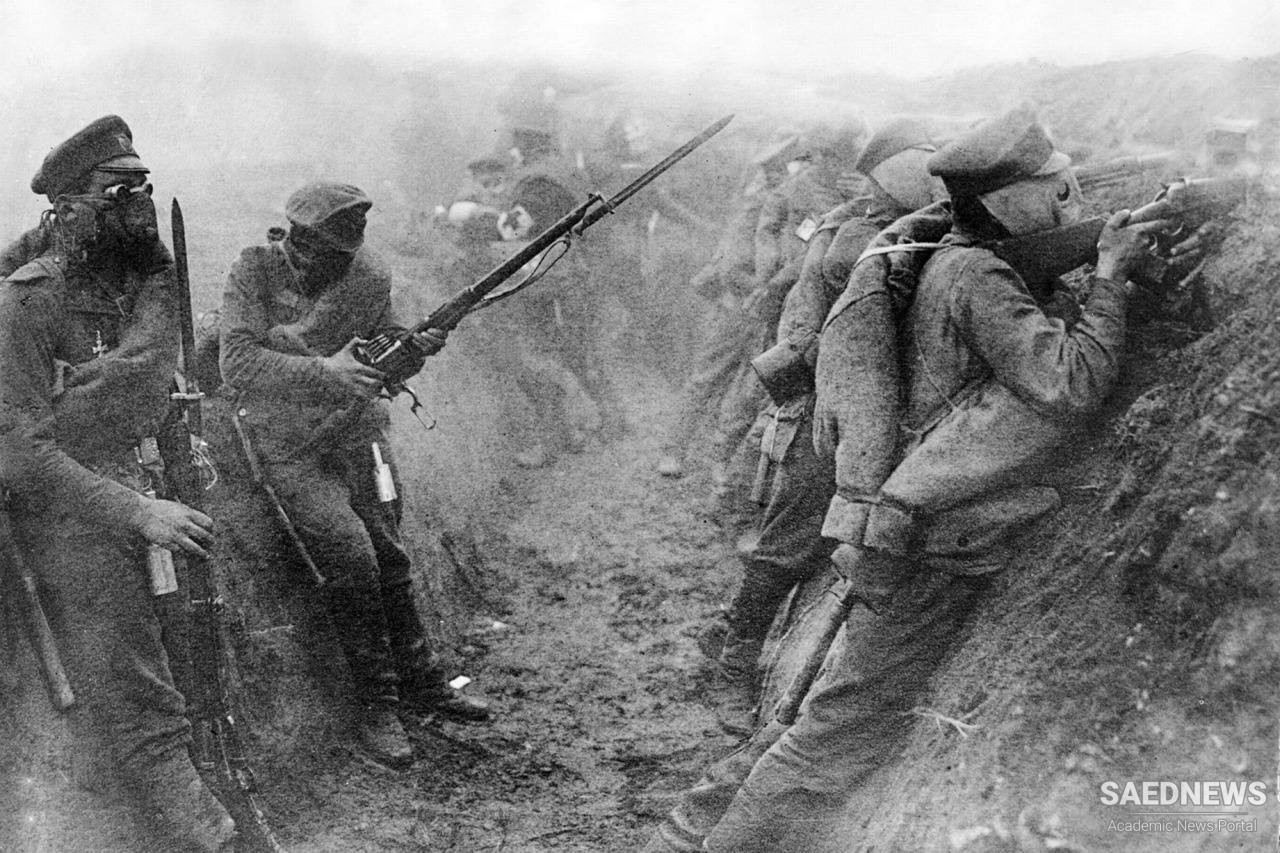Paradoxically it was the Russians, now almost written off by both sides, whose contribution to the Allied offensive of 1916 was to be one of the most successful of the entire war. In March they had attacked in the northern part of the front towards Vilna, but, in spite of having accumulated a superiority not only in men but in guns and ammunition, they had been repulsed with a loss of 100,000 men. None the less they kept their promise to their allies by launching, in June, an attack on the Galician front under General Alexei Brusilov that tore a twenty-mile gap in the Austrian armies, penetrated to a depth of sixty miles, and took half a million prisoners.
Brusilov’s success can be partly attributed to the low morale of the Austrian forces and the abysmal quality of their High Command, together with the apparently limitless courage of the Russian troops themselves. But yet more important were the thought and preparation that had gone into the operation: the detailed planning, the close cooperation between infantry and artillery, the immediate availability of reserves to exploit success, and, above all, the measures taken to secure surprise. It was an indication that armies were at last beginning to feel their way out of the tactical deadlock.
For the Russians it was to be a Pyrrhic victory. Their armies suffered nearly a million further casualties, and never recovered. Their success nerved their neighbour Romania, the last of the Balkan neutrals, to join the Allies, but the Rumanian army proved almost laughably incompetent, and was to be rapidly defeated in an autumn campaign by an Austro-German–Bulgarian offensive under the command of no less a figure than Falkenhayn, who was able to do something to retrieve his badly battered reputation. Rumania was overrun, together with oil and grain resources that the Central Powers were beginning so desperately to need. But it still brought the prospect of victory no nearer. The question was now being asked on both sides with increasing urgency: if there was no prospect of victory, why not make peace?


 Conflict of Interests and Deeper Chasms
Conflict of Interests and Deeper Chasms














































